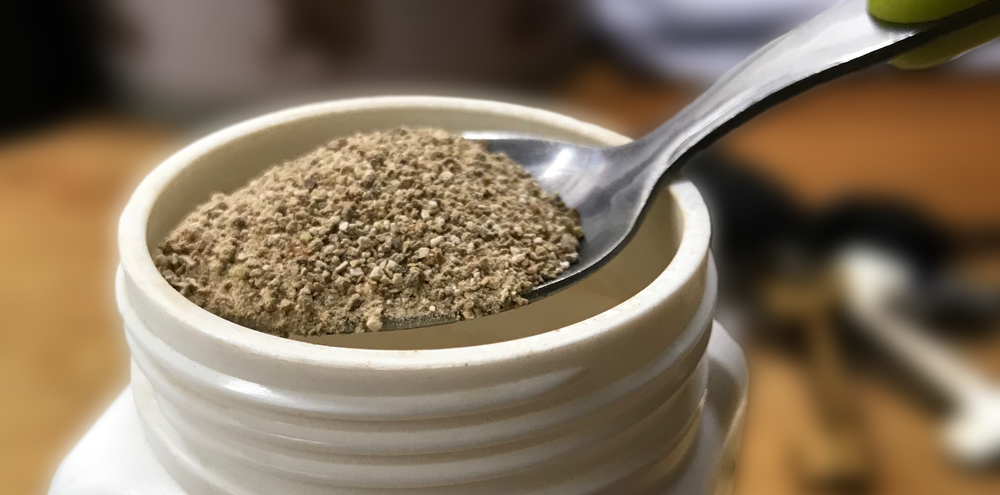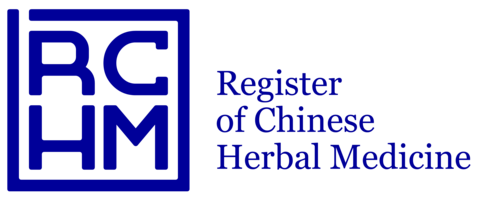
Chinese Herbal Medicine* (CHM) is one of the complementary set of practices that together make up the system of Chinese Medicine. Although the practice of CHM only began to expand in the UK in the 1980s, it is one of the great herbal traditions of the world, with an unbroken history going back to the 3rd century BC. Chinese Herbal Medicine still forms a major part of healthcare provision in China, operating alongside Western-style medicine in state hospitals. Based on many centuries of clinical experience, CHM has developed treatments that have continued to prove effective for a range of medical conditions.
* The term 'Chinese Herbal Medicine' includes all herbal traditions emerging from South-East Asia, so practitioners in this field may work within one that comes from Japan, Vietnam, Taiwan or Korea, as well as within the Chinese tradition.
Like the other practices of Chinese Medicine, Chinese Herbal Medicine is based on the principle that good health depends on achieving optimum vitality and balance in the body. Approaching each person as a unique and interconnected physical, psychological and spiritual system, it focuses on establishing harmony and health in relation to all aspects of a person and their surroundings. A compassionate rejection of 'one size fits all' treatment, CHM aims to understand how a particular pattern of physical signs and symptoms reflect an underlying disease.
Following diagnosis, the practitioner uses therapeutic combinations of herbs tailored to the patient to correct the perceived cause of ill health. Prescriptions in Chinese Herbal Medicine draw on the collected wisdom of the Chinese Materia medica, a book that lists several hundred commonly used ingredients, including roots, stems, flowers, leaves and barks, alongside some non-plant materials, such as resins, minerals and animal-derived* medicinals. Unlike pharmaceutical medicines, which introduce chemicals into the body as standalone elements, herbal medicines harness the interactions between different compounds to treat illness. Herbs are usually prescribed in complex formulas that are carefully matched to a specific pattern of ill health that underlies the condition being treated. With the underlying cause of their disease being tackled, rather than just the presenting symptoms, patients often report improvements in many seemingly unrelated areas of their health.
* RCHM members are subject to strict rules that prohibit the use of medicine containing material sourced from endangered animals and plant species (and there are often adequate plant-based alternatives to animal-derived ingredients).
Commonly asked questions
- Do treatments use ingredients taken from endangered animals or plants?
The RCHM has always condemned the illegal trade in endangered animal and plant species, and its members are subject to strict rules that prohibit the use of any material with an unethical source. The RCHM also actively supports organisations such as Animals Asia (which campaigns against animal cruelty and promotes the message of ‘Healing Without Harm’).
- What conditions can CHM be used to treat?
Chinese Herbal Medicine has a very broad potential in helping promote and re-establish good health, but is most commonly used to treat the following:
* Chronic skin conditions, including eczema, psoriasis, acne and rosacea
* Respiratory conditions, including asthma, bronchitis, chronic coughs, seasonal allergic rhinitis (hay fever), perennial allergic rhinitis (year-round allergic reactions to pet hair and dust mites) and sinusitis
* Digestive complaints, including IBS (Irritable Bowel Syndrome), indigestion and ulcerative colitis
* Gynaecological problems, including pre-menstrual syndrome (PMT), painful periods, menopausal syndromes, endometriosis and some forms of infertility
* Urinary conditions, including chronic cystitis
* Rheumatological conditions, including rheumatoid arthritis and osteoarthritis
* Headaches and migraines
* Chronic fatigue syndromes, whether with a background of viral infection or in response to other situations
* Anxiety and depression
* Hepatitis and HIV: some promising results have been obtained for Hepatitis C, and as a supportive treatment CHM may be beneficial for HIV
* Some metabolic disorders, including diabetes and thyroid conditions, may benefit from supportive treatment
- Can everyone be treated with Chinese Herbal Medicine?
People of any age or constitution can benefit from treatment with CHM – from babies to the elderly, including those who are suffering significant health issues.
- How is CHM given?
The herbal prescriptions of CHM are administered in a number of different ways. Most commonly, prescriptions are taken in the form of a tea (to be made up from raw herbs or concentrated powders) or as a ready-made formula in tablets. External preparations are also used, including creams, ointments and washes for skin conditions, and compresses for traumatised tissue. Chinese herbal teas do tend to be bitter, but most patients get used to them quickly
- Is CHM safe?
Serious adverse effects from being treated with CHM are very rare, and as a discipline it has a very good safety record. However, the fact that CHM treatments are 'natural' does not offer a 100 per cent guarantee there will be no side effects. It is therefore essential that you are treated by a practitioner who:
* is trained to a high standard
* practices in compliance with a professional code of practice
* will monitor each case carefully to check for and mitigate unusual reactions
* uses suppliers that are committed to quality and ethical standards
Given that the RCHM demands high educational standards for admission, upholds stringent professional rules, and is actively engaged in initiatives to ensure the quality of herbs and herbal products, the public is always strongly advised to seek CHM treatment from one of its members. The majority of RCHM members use products from suppliers that belong to our Approved Suppliers Scheme.
- How long does a course of CHM treatment last?
The length of treatment will vary greatly depending on the condition. Anything between one and six months would be common, though in certain cases treatment may last quite a bit longer. Your practitioner should tell you how long you might need to take the herbs/apply a cream, etc. before they can assess how effective treatment has been.
- What does treatment with CHM cost?
There are no standard prices for treatment with CHM. What you are charged will depend on the practitioner, the part of the country you live in, and how many sessions might be needed overall – you should always ask about costs before booking your first appointment (discussing costs upfront is part of the RCHM's Code of Ethics, so any member practitioner should be happy to do so). Note that some health insurance companies now cover treatment with herbs, so contact your provider to check.
- I'm unhappy with my CHM treatment and want to make a complaint
If your practitioner is a member of the RCHM, we can pursue your concerns through our formal complaints procedure. We take any such complaints very seriously and can assure you that our Ethics Committee will deal with any brought to us in a fair, efficient and confidential manner.
Our complaints procedure only applies to members, so if your practitioner is not a member of the RCHM, we are limited as to what we can do. We can suggest, though, that depending on the sort of complaint you wish to make, you could:
Contact the Trading Standards department of your local council
Contact a solicitor for legal advice
Contact your local Citizens Advice Bureau



